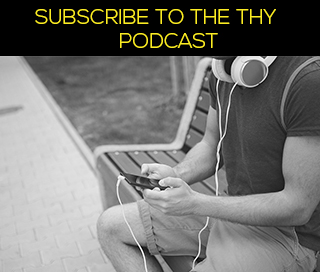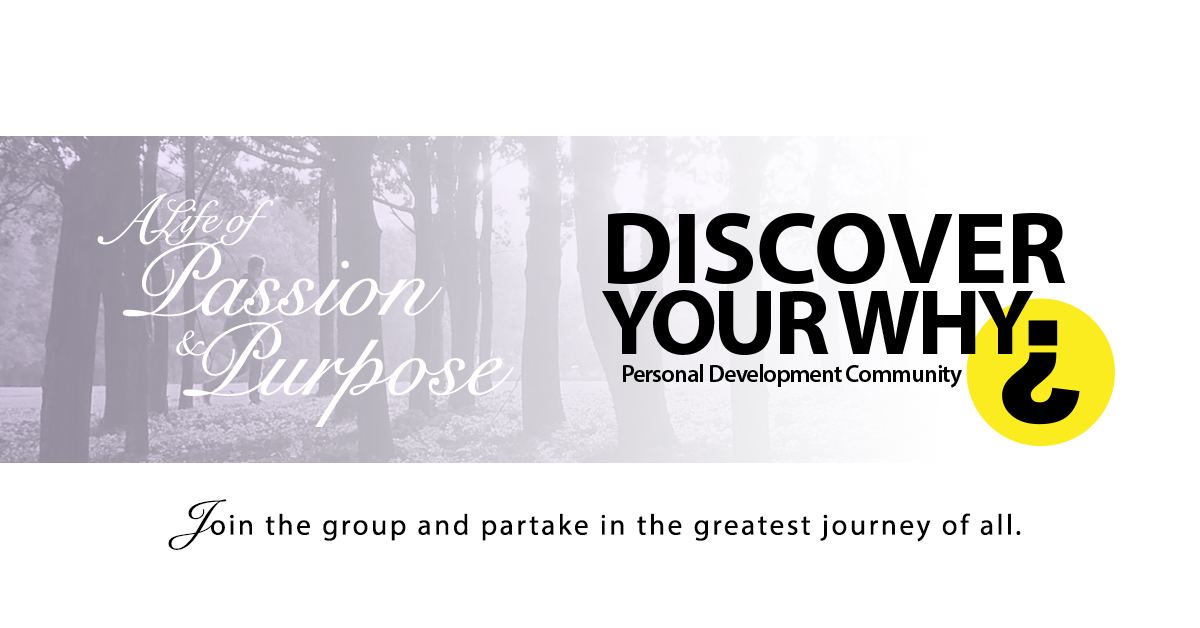
Mindset
by Carol S. Dweck
Written and narrated by Leigh Martinuzzi
Carol Dweck is the professor of psychology at Stanford University and renowned for her research and work along the lines of personality, development, motivation and mindset. In this book Mindset: The New Psychology of Success Dweck highlights her research and theories on intelligence and the power of mindset. With the idea that individuals have either a growth or fixed mindset, Dweck inspires readers how and why with the right mindset we can transform our lives and how we can move from a fixed to a growth mindset.
Apparently, Dweck’s interest in this research began thirty years ago when she noticed her students’ attitudes towards failure. Failure for some students would impede their future success while other students learnt, rebounded and went on to achieve higher grades. This is when she coined the terms growth and fixed mindset. What it highlights is that those students with a growth mindset have a strong belief in their abilities and intelligence and will be more motivated to apply time and effort that ultimately leads to greater achievement. Students with a fixed mindset fail to carry the same motivation.
Here are Carol Dweck’s definitions for both the growth mindset and the fixed mindset.
“In a growth mindset, people believe that their most basic abilities can be developed through dedication and hard work—brains and talent are just the starting point. This view creates a love of learning and a resilience that is essential for great accomplishment.” (Dweck, 2015)
“In a fixed mindset, people believe their basic qualities, like their intelligence or talent, are simply fixed traits. They spend their time documenting their intelligence or talent instead of developing them. They also believe that talent alone creates success—without effort.” (Dweck, 2015)
Current research in neuroscience now proves that our brains are much more malleable than previously thought. The great news is that although some of us may have developed a fixed mindset there are methods and strategies to change this. We can transform our mindset and our belief that our abilities and intelligence is fixed and become a person motivated to grow and achieve. We can learn from failure and use these learnings with applied time and effort to improve our skill and heighten our achievements.
Dweck’s research can be applied not only to students but to parents, teachers, managers, athletes and all people regardless of your journey. The reality is that having a growth mindset leads to higher performance and success. Her research shows how through certain practices and interventions those of us with a fixed mindset that when offered praise for our effort and behaviour, not talent or results, go on to accomplish more. When those with perceived intelligence are praised as being smart are less motivated to try harder and can consequently develop a fixed mindset. It is best to praise and encourage effort than to praise result or outcome.
Dweck also talks about the false growth mindset. This is a new trend in which people embrace the idea of having a growth mindset, behaving as if they have one but not actually adopting the correct behaviours that actually lead to a growth mindset. She suggests that everyone has a mixture of growth and fixed mindsets. If growth behaviours and attitudes don’t match belief the motivation won’t flow and greater achievement won’t be realised.
Mindset is a thorough piece of work that leaves no stone unturned. Dweck delves in deep sharing many examples and case studies that highlight both mindsets and also the theories around how each is developed and challenged. The research by Carol Dweck was ground-breaking at the time and it still has many in the fields of psychology, teaching and management looking at her work with great interest. If we can challenge the way we approach what we do with a belief in our ability to grow the resulting effort over the course of time may result in more success in our personal lives.
If this book sounds of interest you can purchase Mindset: The New Psychology of Success
here.
Please leave your thoughts, comments & questions below.
Peace, passion and purpose…
Other books that you may enjoy.
. .
Further Reading and Resources
TED Talks: Ideas worth spreading
Elite Daily: The Voice of Generation Y
Four Hour Work Week: How to escape the 9-5, live anywhere and join the new rich.
The Minimalists: How to pursue a minimalist lifestyle and be happier.
Mind Hacks: Tips and Tricks for Using Your Brain
Rich Roll: Plantpowered Wellness Advocate
The Art of Charm: Build confidence, feel comfortable and networking differently.
The Art of Manliness: Encouraging men to be better husbands, fathers, brothers, citizens.
Tiny Buddha: Simple wisdom for complex lives.
Mind Body Green: Lifestyle media brand dedicated to inspiring you to live your best life.
Zen Habits: Find simplicity and mindfulness in life.
Creative NonFiction: “true stories well told.”
Barking Up the Wrong Tree: science-based answers and expert insight on how to be awesome at life.
The Positivity Blog: Practical articles on happiness, self-esteem, productivity and social skills.
FIND YOUR HIDDEN WHY with THE HIDDEN WHY (THW)
BUILD YOUR LIFE AROUND YOUR PASSION AND LIVE WITH PURPOSE
Sign up for free below and receive cool stuff from me each week + Plus a free copy of “The Four Pillars of Success”
In my weekly emails you will receive ideas, thoughts, learning’s and inspiration on:
- How to design a life that you want and live by your terms
- How to live a life with passion & purpose
- Methods, strategies, & techniques on life hacks
- Messages on how to better live your life
- We will also keep you up to date with fantastic interviews from THW podcast













Leave a Reply